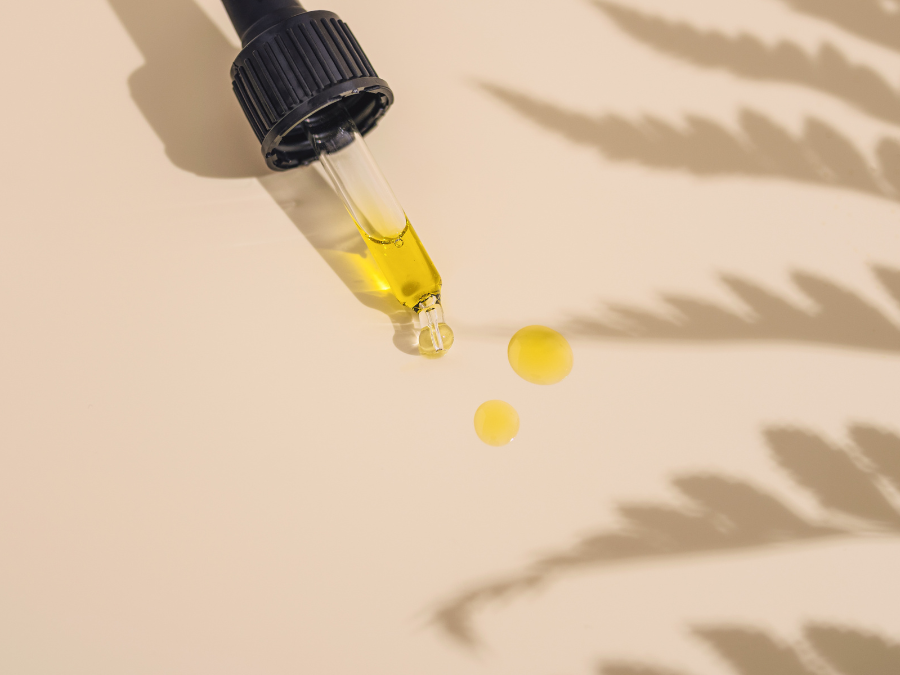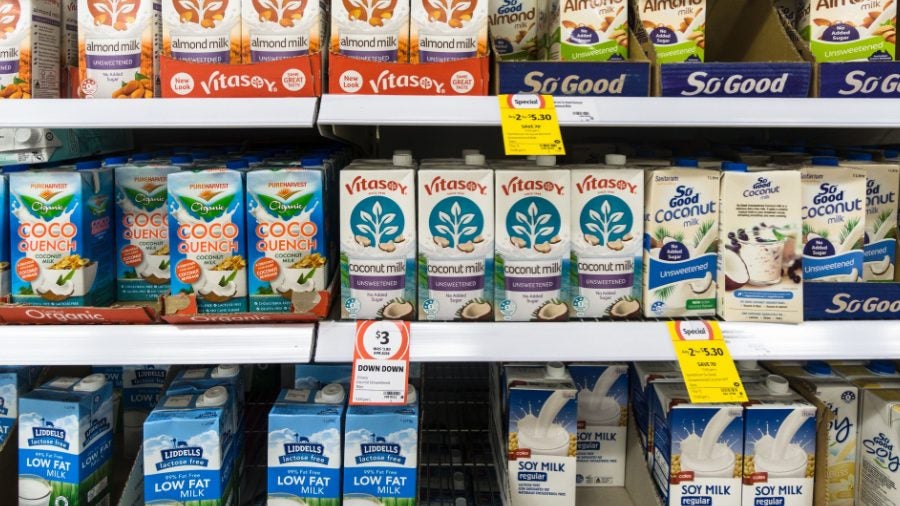The UK could rule a “single serving” of CBD products must contain less than 50 micrograms (0.5mg) of delta-9-THC (THC) following a government agency recommendation.
If it passes, it would halve the current legal limit of 1mg per container.
Minister of State for crime, policing and fire Chris Philp indicated today (24 October) he would follow and legislate a number of recommendations set out by the Advisory Council on the Misuse of Drugs (ACMD) concerning THC products.
The ACMD recommended the total dose of delta-9-THC and all other controlled phytocannabinoids in consumer CBD products should not exceed 50 micrograms per unit of consumption, and that this limit be controlled and policed by regulatory authorities.
“The government accepts this recommendation and intends to bring forward legislation to implement it, subject to Parliamentary approval,” Philp wrote.
The government noted the specificity of the serving size for the permitted dose would require further consideration.
It follows recent recommendations on the daily CBD limit of 10mg by the Food Standards Agency (FSA).
CBD is a chemical compound found in the cannabis plant that has little or no psychoactive properties of THC, the cannabis compound that causes a “high” when consumed.
UK CBD brands Goodrays and Trip both state on their websites their CBD oils are “THC free”.
Goodrays’ canned CBD beverages contain 30mg of CBD, whereas UK peer Trip’s cans contain 15mg. Trip’s oil products, by contrast, range from 1,000mg to 3,000mg. Goodrays’ gummy sweets each contain 25mg.
Philp said the government accepted regulatory authorities should be given powers to control the content of CBD products and it “intends to bring forward legislation to prescribe the lawful amount of controlled phytocannabinoids in consumer CBD products”.
The UK’s Association for the Cannabinoid Industry (ACI) said today it saw the move to regulate THC in CBD products and establish a legal framework as a “clear vindication” of the ACI’s campaign strategy. However, it noted it would have to work with the home office to address “ambiguities” around dose and serving size in the ACMD’s recommendations.
ACI co-founder Steve Moore said: “It is imperative for the nascent UK consumer cannabinoid sector that a legal framework is put in place to provide comfort for companies operating in the space and reassurance for consumers and retailers.
“That this will also help accelerate the regulatory process that businesses have invested in only adds to the importance of the explicit commitment to bring forward the necessary amendments to the Misuse of Drugs 2001 regulations.”
This month, the UK’s FSA reduced its recommended daily consumption limit of CBD from 70mg to 10mg. It said high consumption of CBD over a lifetime could heighten the risk of liver damage, somnolence (excessive tiredness) and thyroid issues.
This sparked concern with some retailers, and Holland & Barrett reacted by temporarily removing Trip’s products from shelves.















